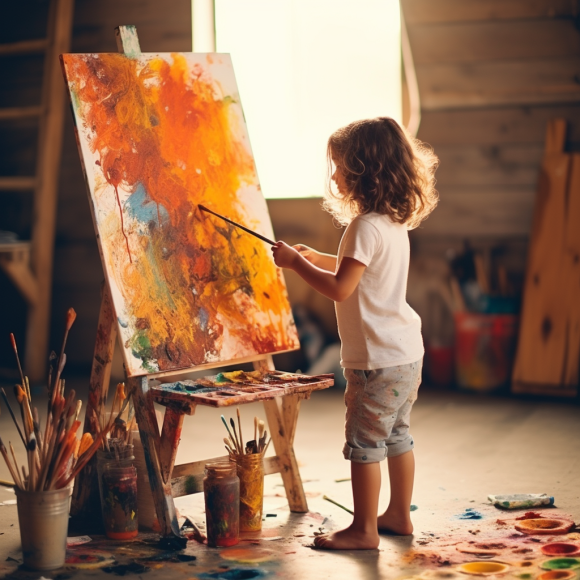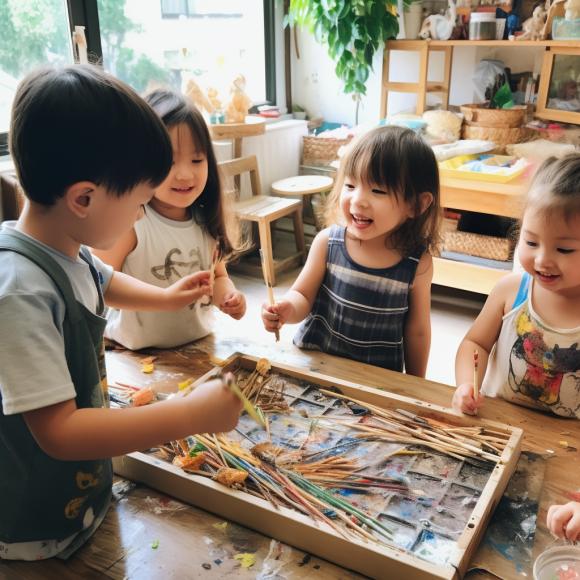Long-Term Projects in the Reggio Emilia Approach: Fostering In-Depth Exploration
In the realm of education, the Reggio Emilia approach stands out for its commitment to creating meaningful and in-depth learning experiences. One of the ways this approach achieves this is through the implementation of long-term projects. In this article, we delve into the significance of long-term projects within the Reggio Emilia approach and how they …
Long-Term Projects in the Reggio Emilia Approach: Fostering In-Depth Exploration Read More »









